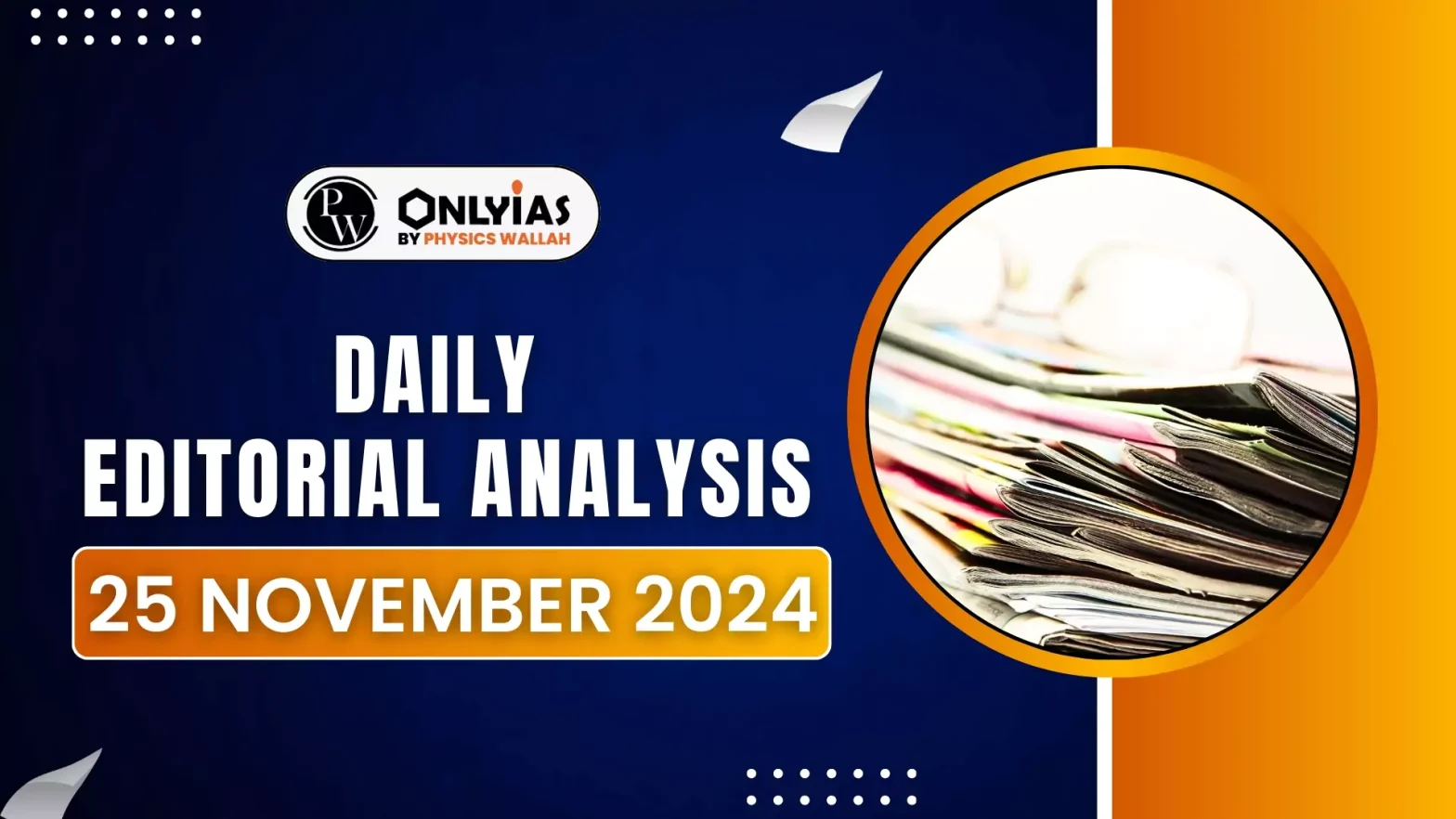The Indian government, recognizing the need for specialised expertise within its civil service, introduced the lateral entry scheme to recruit domain experts. However, concerns over its impact on reservation rights led to political opposition and the scheme’s suspension.
Lateral Entry
- Lateral entry into bureaucracy is a practice that involves recruiting individuals from outside the traditional government service cadres to fill mid and senior-level positions.
Need for Integrating Domain Expertise
Specialized skills have long been recognized as crucial for the civil service. The Second Administrative Reforms Commission (2005) recommended lateral entry to bring in specialized knowledge and skills, although it did not specify a recruitment method.
- Growing Complexity in Governance: As sectors become more specialized, civil servants—who are primarily generalists—require specialized expertise to effectively collaborate with technical professionals.
- Limitations of Mid-Career Training: While mid-career training is beneficial, it does not adequately build long-term, systemic domain expertise within the civil service.
Enroll now for UPSC Online Course
Challenge associated with Lateral Entry
- Compromising Vulnerable Communities’ Representation
- Despite the reservation system, marginalized communities (SCs, STs, and OBCs) remain underrepresented in higher civil service positions.
- Currently, SCs and STs make up only about 4% and 4.9% of top bureaucratic roles (e.g., Deputy Secretaries, Directors, Joint Secretaries).
- Higher entry age for SCs, STs, and OBCs compared to general category candidates could be one of the reasons as many of these officers retire early before reaching senior positions.
- The lateral entry scheme is likely to further limit the representation of marginalized communities in the civil service.
Integrated Model for Domain Expertise
To effectively develop domain expertise within the civil service in India, an integrated model can be adopted as a sustainable alternative to options like lateral entry.
Key Components of the Model
1. Strategic Planning
- Long-term Vision: Assess the requirements for each sector.
- For example, a ministry may need technical experts; accordingly, mapping of officers should be undertaken.
- A strategic plan should be drafted to identify sector-specific domain expertise requirements.
- Feedback Mechanism: Incorporate continuous feedback and adaptation into the plan to ensure flexibility and responsiveness to evolving needs.
2. MoUs with Institutions and Academia
- Collaboration with Academia: Academic institutions can identify emerging trends and technical skills required in the public sector, ensuring civil servants stay updated with the latest knowledge.
- Collaborations with Top Institutions: MoUs should be signed with leading institutions like IITs, IIMs, and central universities to develop specialized training programs for civil servants.
- Tailored Courses: These programs should combine academic knowledge and industry expertise, emphasizing practical skills.
- Targeted Development: Ministries should aim to develop 4-5 domain experts per ministry over the next few years, ensuring a steady infusion of specialized knowledge.
3. Rigorous Selection Process
- Selection Criteria: Civil servants should undergo a rigorous selection process, including a Statement of Purpose (SoP), interviews, and assessments to determine their suitability for domain expertise programs.
- Inclusivity in Selection: Ensure adequate representation of SCs, STs, and OBCs in domain expertise programs, balancing the need for skill development with reservation requirements.
4. Specialized Postings with Fixed Tenure
- Sector-Specific Posting: Domain experts should be assigned to specialized roles where their expertise can have the most significant impact, with no transfers to unrelated sectors.
- Fixed Tenure: Experts should have fixed tenures in their respective areas, enabling them to contribute effectively and progress to senior roles within their domains.
Potential Benefits of the Integrated Model
- Enhanced Policy Implementation: The integration of domain experts will improve governance by ensuring policies are implemented more effectively, with a focus on addressing emerging challenges and leveraging advanced technologies.
- Identification of Inefficiencies: The model will help identify underperforming officers who lack commitment or drive, thereby avoiding the “deadwood” effect that often arises in a prolonged career within the government sector and thus enabling better allocation of human resources.
- Enhanced Public Service Delivery: Experts will improve regulation, facilitation, and service delivery, addressing sector-specific issues with greater precision and efficiency.
- Rejuvenated Civil Servants: Specialized training and targeted focus areas will reduce monotony, rejuvenating civil servants and preventing career stagnation.
Check Out UPSC CSE Books From PW Store
Conclusion
Transforming the civil service in India through the integrated model for domain expertise is necessary to strengthen governance and improve public service delivery by developing a resilient and responsive civil service.
![]() 25 Nov 2024
25 Nov 2024
